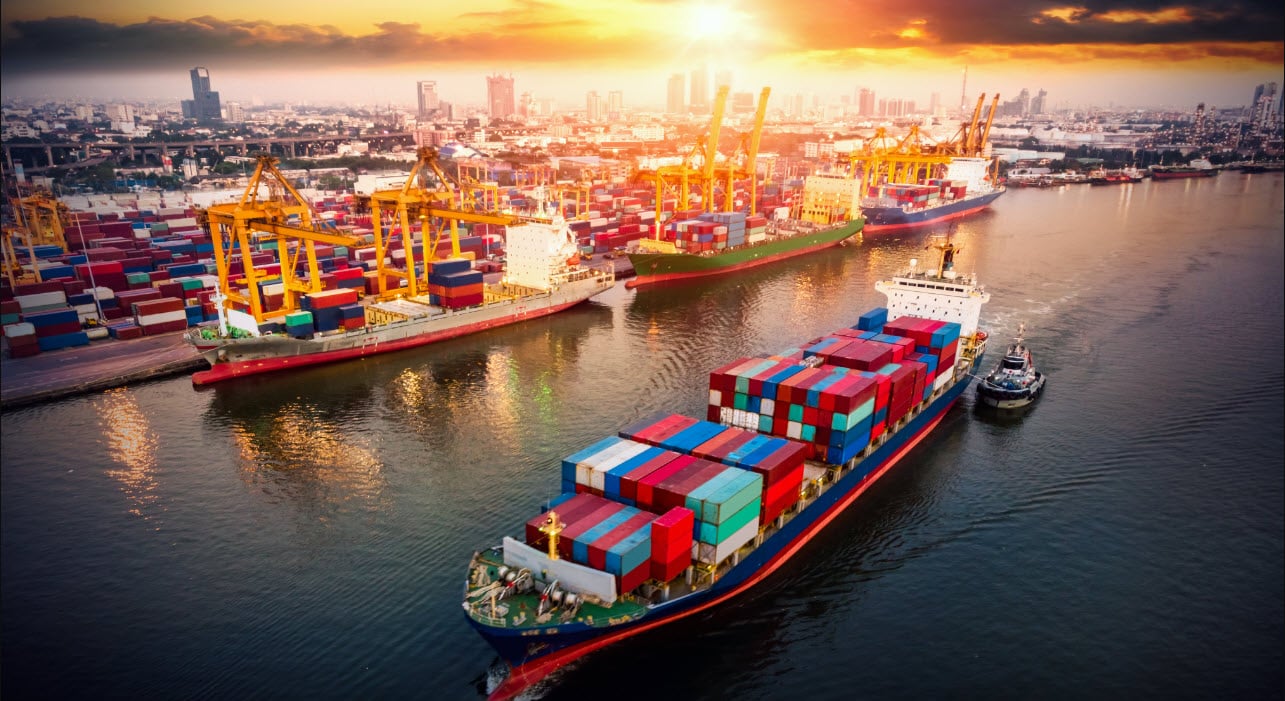In brief
Amidst the increased focus globally on respecting and protecting human rights, in a recent seminar organized in Thailand, the special advisor to the Prime Minister of Japan responsible for international human rights matters announced the adoption of the Guidelines on Respect for Human Rights in Responsible Supply Chains (“Guidelines“) by the Government of Japan.
The Guidelines, available for download since September 2022, apply to all types and sizes of companies that conduct business activities in Japan (including those run by individuals). In general, the Guidelines urge that companies, their subsidiaries and suppliers, including all entities which have a relationship with the companies as a part of their overall supply chain (not only those who have a direct relationship with the companies) to make their best efforts to respect human rights by following the Guidelines. This has sent a strong signal to all companies in Japan to develop more responsible and sustainable supply chains, including the expectation that the private sectors in Japan will adopt the human rights due diligence (HRDD) process.
Summary of the Guidelines
While the Guidelines do not have legal binding force, they underline the importance of HRDD as one of the required corporate responsibilities with respect to human rights. The Guidelines cover an entire supply chain of a business operator in the event that the business operator causes, contributes or is directly linked to the adverse impact on human rights, such as the following situations:
| Types of adverse impacts | Examples |
| Cause | A company leaked chemical substances from its factory into the drinking water source of the community. |
| Contribute | A company, knowing that the lead time (the period from placing the order until delivery) is too tight and not possible, demanded such lead time from its supplier. As a result, the supplier forced its employees to work extremely long working hours. |
| Directly linked (not causing or contributing but the impacts are directly related to the company’s products or services) | A company outsourced embroidery work on its fabric products to its contractor. However, the contractor violates the outsourcing contract by subcontracting the work to another subcontractor that exploits child labor. |
Source link here.
The Guidelines follow the four main HRDD processes as set out by the United Nations Guiding Principles on Business and Human Rights (“Principles“) (link to our previous newsletter) on the implementation steps that business operators should carry out to address their adverse human rights impacts. For example, adverse impacts on human rights with a high possibility of occurring and that have high risks should be identified first, with reference to sector/product-specific international guidelines. The Guidelines also provide criteria for prioritizing actions to address the adverse impacts and provide practical examples of the actions. This includes changing a product’s specification to eliminate the use of materials that cause the adverse impact, or if such change is not possible due to business, contractual or legal reasons, the business operator should communicate with its stakeholders and at least prepare a systematic implementation plan.
Interestingly, the Guidelines suggest that the suspension of business with a business partner who has a high risk of human rights abuse should be taken as a last resort. This is because the suspension of business does not address the adverse impacts on human rights. Instead, this could even make the human rights issues less visible and could result in job losses in the suspended business, thus worsening the situation. The Guidelines suggest that the responsible actions that a business operator should take include attempting to prevent and mitigate the adverse impact, e.g., by providing information to the business partner in order for them to address the impact while re-evaluating the appropriateness of continuing the business relationship. Therefore, the ultimate goal of implementing HRDD is not only for specific companies to become clean but to create a more responsible supply chain.
The Guidelines also provide several practical Q&As for better understanding and are expected to be “living” materials which will be reviewed and updated from time to time.
What it means for companies in Thailand
Companies in Thailand whose headquarters or affiliated companies are in Japan, although not legally bound by the Guidelines, should still consider the Guidelines because of, among others, the following factors:
- Their Japanese head office/headquarters may consider adopting the Guidelines as its internal rules and policies, thus requiring all of their subsidiaries and affiliated companies, including those in Thailand, to comply with those rules and policies. Moreover, their Japanese investors and customers may similarly adopt the Guidelines as their rules and policies and require all the subsidiaries or affiliated companies in Thailand to comply with them as well.
- As a global overarching trend, actions on ESG (Environmental, Social and Governance) are becoming imperative to all companies. The social component plays an equally important role in ESG. However, companies in Thailand may want to place a greater focus on incorporating and implementing the social aspect into their operations as it takes time to fully adopt and implement with no one-size-fits-all solution for all companies. In this regard, there are currently no clear rules on what constitutes acceptable social policies under Thai law, e.g., there is no HRDD requirement and human rights policy provided under Thai laws. In the absence of these clear rules, companies in Thailand may consider adopting the Guidelines and their existing rules as a starting point when implementing their own social policies, including HRDD and human rights. It is important to start now.
- Once Thailand has adopted the HRDD and human rights policies into laws, it may be possible that their details are similar to those already specified in the Guidelines. Thus, the companies in Thailand that have already adopted the Guidelines should have a good head start over others that have not yet done anything in this regard.
As the Guidelines suggest, the implementation of HRDD is not a self-contained regime of a specific company but actions to consider and align with other business operators in the supply chain. With the clear and comprehensible Guidelines, business operators should take this as a good opportunity to review their current supply chain structure and consider how to introduce HRDD to their business operations. Early preparation for HRDD implementation will not only enable smooth transition to practical measures when HRDD becomes mandatory, but also help raise corporate reputation as a responsible company and contribute to sustainability of the whole supply chain.








